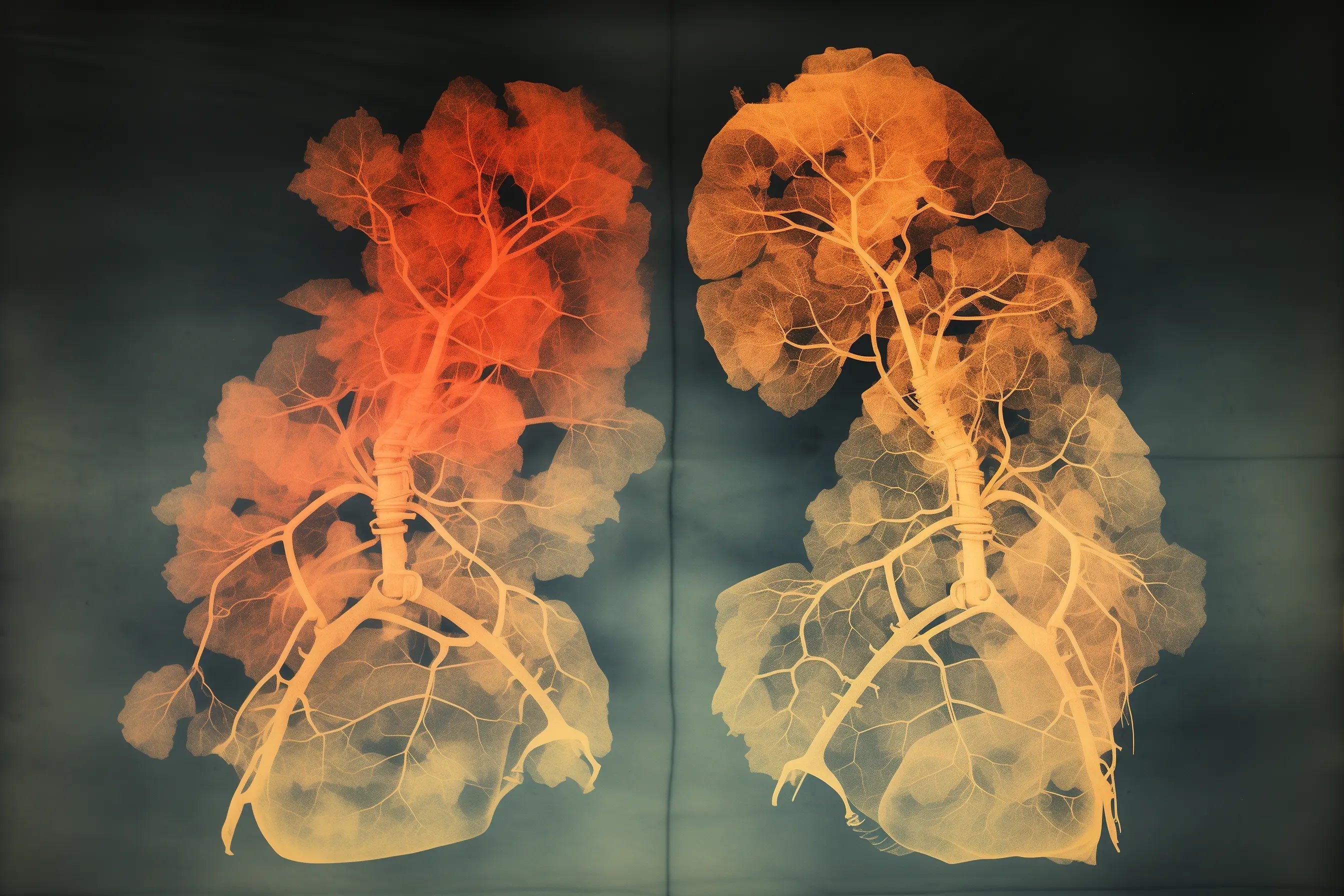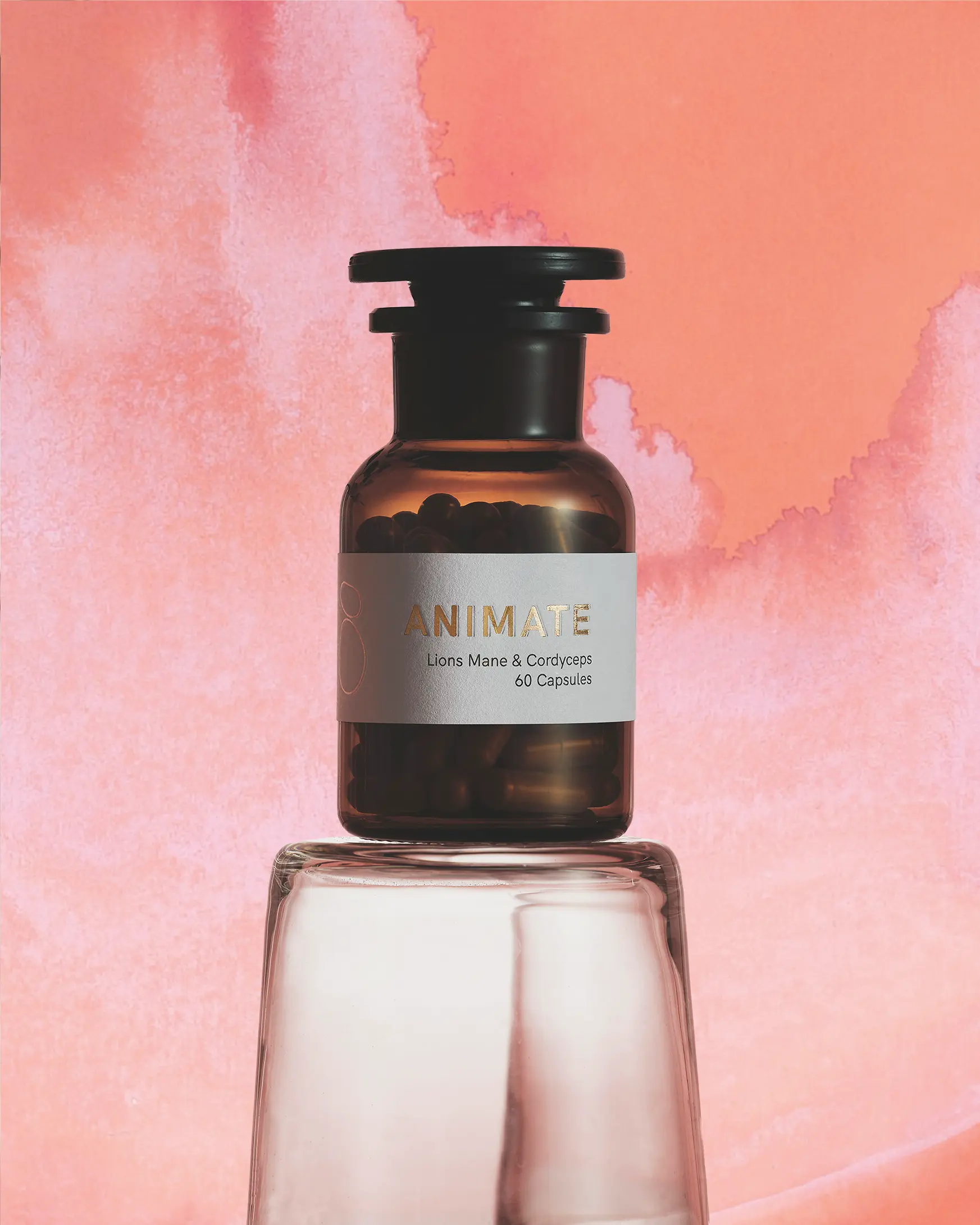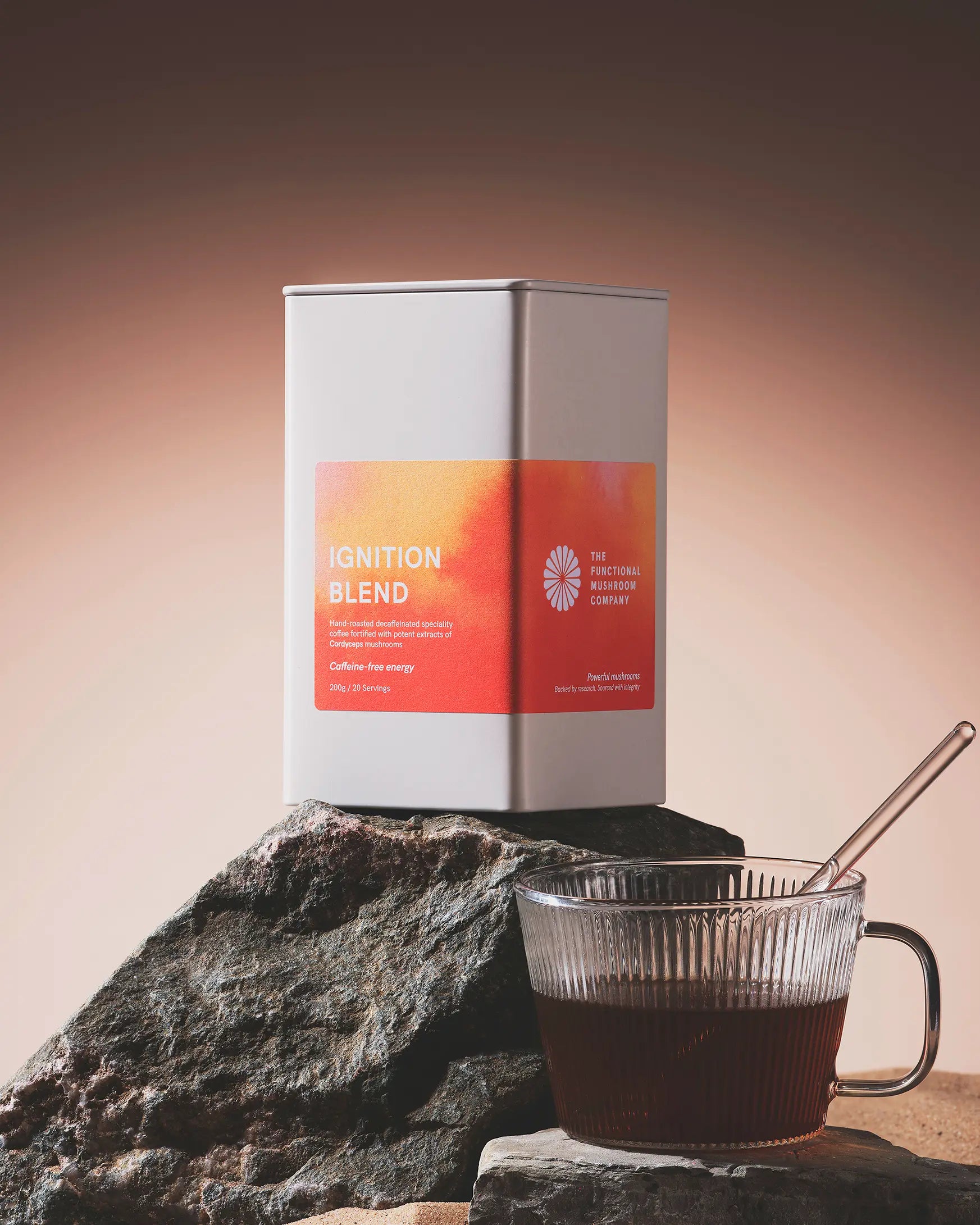Enduring Benefits: How Mushrooms' Magic Builds Over Time

The benefits of most medicinal mushrooms are cumulative, much like the conditioned strength developed by an athlete over consistent training. As such, understanding how they work requires a focus on the long-term interactions between their key bioactive compounds and the human system.
For illustrative purposes, we'll examine Reishi, the “Mushroom of Immortality”, though the mechanisms discussed broadly apply to various medicinal species. Employing the analogy of athletics training, let's consider the process from initial consumption to the progressive development of improved immunity.
Among Reishi’s key bioactive compounds are beta-glucans - complex sugars (polysaccharides) found in the cell walls of fungi which are known for their ability to support and regulate the immune system.
When Reishi is ingested, its beta-glucans engage with the gut's immune cells. This interaction initiates an immunological 'conditioning' similar to the early stages of physical training where the body is just beginning to adapt to new demands. These beta-glucans, recognised by the immune cells' receptors, activate them and boost their defensive capabilities. In this way, the immune system learns to react more effectively to antigens through repeated exposure to beta-glucans.

Beta-glucans also activate natural killer (NK) cells, which play a vital role in the detection and destruction of compromised cells. The training provided by beta-glucans is akin to an athlete learning how to efficiently use energy during a marathon; NK cells learn to conserve their energy for true threats, improving their ability to function optimally over time. The analogy here is clear: just as consistent training refines an athlete's skills, repeated exposure to beta-glucans enhances the acumen of NK cells, improving their efficiency and the immune system's overall ability to recognise and combat threats.
Furthermore, Reishi contains other compounds, such as triterpenes, which work over weeks and months to balance the immune system's response to threats. Just as an athlete needs to recover from intense training to prevent injuries and burnout, triterpenes help modulate the body's inflammation response, preventing it from becoming chronic, which can lead to various diseases.
Employing a regimen involving Reishi for a period of 2-3 months allows for sufficient time for these bioactive elements to exercise their full potential. It's during this extended timeframe that the immune system adapts and builds a robust defence mechanism.
Cycling between different mushroom species adds an extra dimension to the immunomodulatory benefits. This is comparable to cross-training in athletics, where engaging in various exercises enhances overall performance and prevents adaptation that could lead to plateaus. Each mushroom brings a unique suite of immunologically-active compounds to the table. Alternating mushrooms such as Turkey Tail, known for its polysaccharide K (PSK); Lion's Mane, rich in nerve growth factors; or Shiitake, abundant in lentinan, may keep the immune system in a state of optimized readiness.
In essence, to truly harness medicinal mushrooms' full potential for immune support is to understand and embrace their gradual effects. A disciplined and prolonged regimen, involving cycling through various mushroom species, will best equip the body's immune system to endure and thrive in the face of health challenges.







